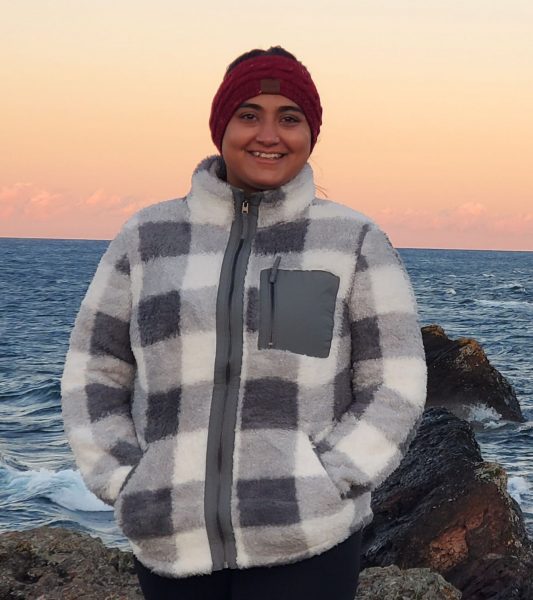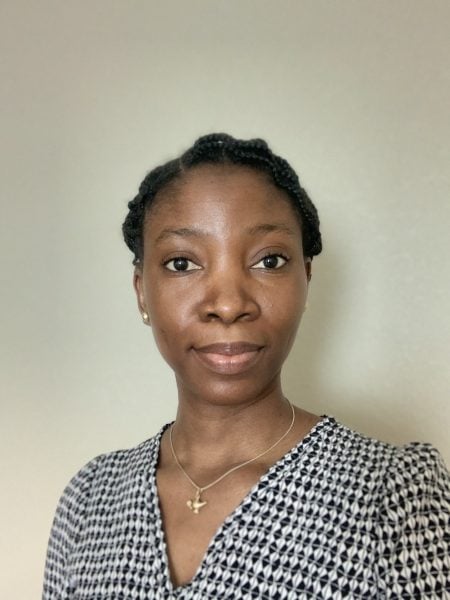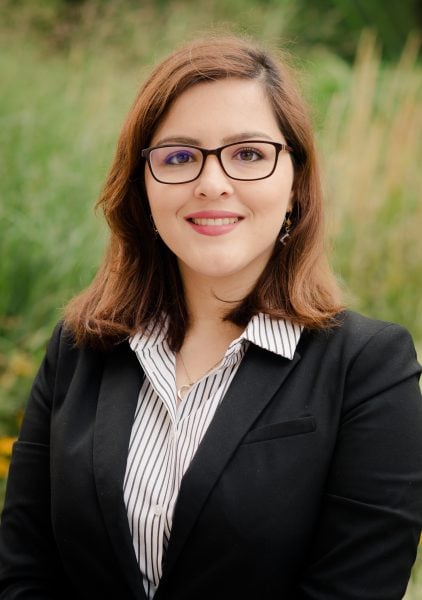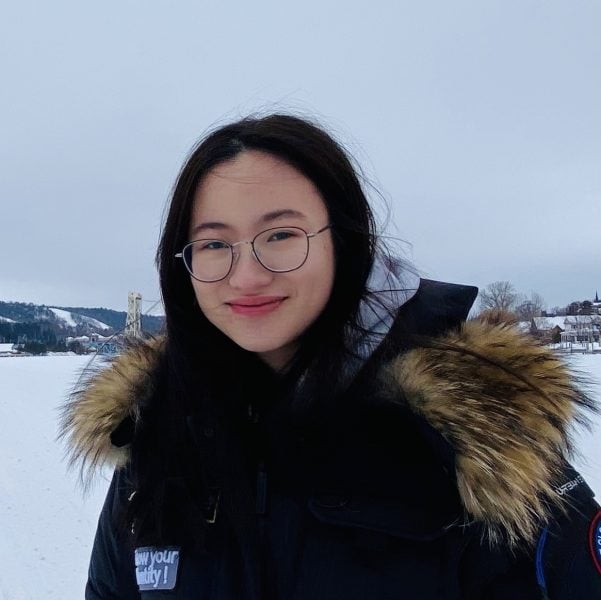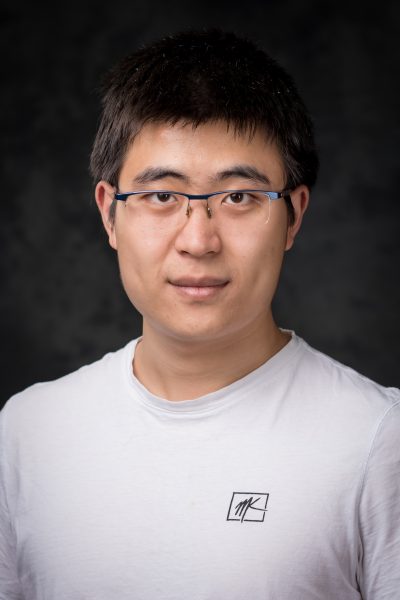Since early in my life, I knew I wanted to be in the healthcare field. I take inspiration from Dr. John J. Durocher, my advisor at Michigan Tech and my father who is a pulmonologist in India. I saw them both work hard in providing awareness for prevention and treatment of many diseases in the community. As an undergraduate in Physical Therapy, I learned more about non pharmacological treatment methods such as exercise for intervention of many diseases. I continued this by pursuing masters in Exercise Science and I learned about the research aspect of what I was doing clinically.
I wanted to expand my horizons and establish myself as a healthcare professional. I started my PhD with Dr. Durocher in fall 2018 on a National Institutes of Health project on “Mindfulness and neurocardiovascular control”. Our research is focused on evaluating the effects of non pharmacological interventions such as mindfulness, stress management, exercise and sleep for management of anxiety, blood pressure regulation and sleep. Long term high anxiety is the major cause for many cardiovascular diseases such as hypertension, heart attacks and strokes. Anxiety is also speculated to cause loss of elasticity in the arteries and high sympathetic drive which is the major reason for such cardiovascular risks. Non pharmacological treatment strategies such as mindfulness, stress management, exercise and sleep have gained popularity for managing these diseases. Our research was also active during the peak COVID-19 pandemic when everything was shut down and people were forced to follow stay at home mandates. With the uncertainties revolving around the pandemic, it has become important to maintain good health and with my research I will be able to provide better understanding to people in living a healthy stress free lifestyle. As a PhD at Michigan Tech, I was very fortunate to be an instructor where I got an opportunity to guide many students towards pursuing their careers in the healthcare field. I also got an opportunity to present my work at many conferences, win grants and awards for my research.
I am thankful to the Graduate School and the Graduate Dean Awards Advisory Panel for granting me the fellowship. This fellowship will help me finish my dissertation during the tough times of global pandemic. I am also thankful to my advisor Dr. John J. Durocher for being an amazing mentor, Dr. Joshi and the Biological Sciences department for supporting me with my PhD journey and my dissertation committee members Dr. Petushek, Dr. Steelman and Dr. Larson.
